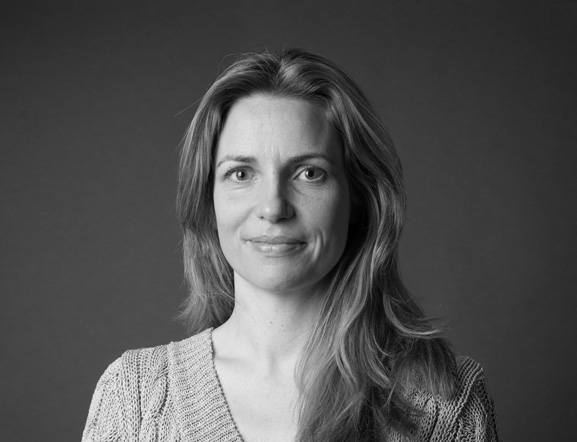
Dr. Therese Lindahl’s research aims to generate a better understanding of human behavior (drivers, responses and outcomes) in social-ecological systems.
Dr. Lindahl’s research broadly focuses on human behavior as it relates to the environment. This implies that she is interested in the individual and collective behavior of natural resource users facing different forms of social- ecological conditions. These social-ecological conditions could, for example, include more or less predictable abrupt ecosystem changes, different external policies, different market conditions, different degrees of resource dependency and different social contexts (with respect to e.g., knowledge and trust).
At the other end of the spectrum, we have behavior of the average citizen/consumer. A better understanding of citizen/consumer behavior should increase the success rate of policy instruments and other types of interventions implemented with the purpose of changing human behavior towards more sustainable. Traditionally, this has been the aim of regulations, market based approaches, and information but recently so-called nudges and other psychology-based approaches to behavior-change have increased in popularity, which is also something Dr. Lindahl is also currently working on. She employs experimental (lab and field), empirical and theoretical (mainly game theory) methods.
After completing her PhD in Economics at the Stockholm School of economics (2005), she joined the research staff at the Beijer Institute of Ecological Economics. She became one of the Beijer program leaders, a position which she still holds today, for Behavior, Economics and Nature Network (BENN) (2010). In 2015 she became one of the stream leaders for the Biosphere Stewardship stream at SRC. Over the years she has both lead and participated in many research projects. Dr. Lindahl also supervises PhD students and Master students, as well as teaches, both externally and internally at SRC.